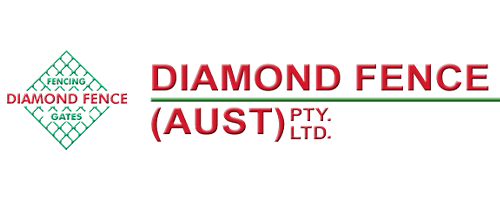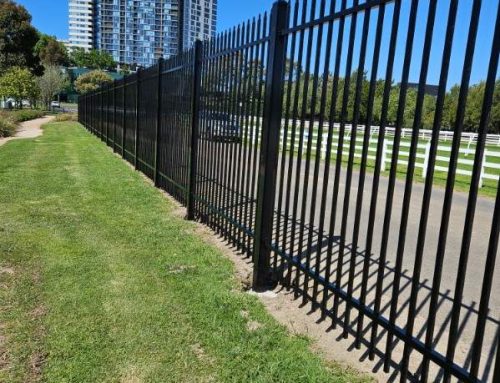Metal Fencing In A Humid Environment – What To Know?
If we take a look at the average annual relative humidity in Australia’s cities, by no surprise, humidity in Victoria’s cities reaches close to mid-sixties and above. In Melbourne, the average annual relative humidity is 68 in the morning, and 52 in the evening. What does the humidity rate tell us when it comes to metal fencing in Melbourne? Without further ado, today’s topic is humidity and its effect on metal fencing.
On average, July is the most humid month, and January the least humid month in Melbourne. The average annual humidity is 66 %. Humidity plays a significant role in atmospheric corrosion alongside the pollution (or lack of it).
Before we carry on, let us explain the difference between the moisture and humidity.
When we talk about moisture, we talk about the presence of a liquid in the air (water). It refers to the amount of water vapour in the air. When we talk about humidity, we talk about the small amounts of water in the air or the amount of water vapour in the air. So, as we see from Wikipedia’s definitions when we talk about humidity, we talk about the moisture in the air.
Now, let’s look at the relative humidity and why it is important to the fencing world. Simply put, relative humidity is the measurement of the moisture in the air to see if it is still normal for human comfort, health, and safety, and if it meets the environmental requirements, for example, preservation of some historic buildings.
When it comes to the fencing world, relative humidity can affect how long your metal fence will last. When the temperature is high and the relative humidity low, the water evaporates quickly. Most likely you’ve experienced a situation where you put your clothes out to dry and they dry in 5-10 minutes. The reason behind it was probably a mix of warm weather and low relative humidity. When it comes to buildings or wooden structure, that mix of high temperature and low humidity can cause fractures in the structures.
On the contrary, if the temperature is low and relative humidity high, the water evaporates slowly. The higher the humidity, the more likely the condensation will occur on the surface, in our case, on the surface of the metal fence. Why is condensation bad for metal fences? If the humidity or the moisture in the air creates condensation on the fence and it is very slow to evaporate, then condensation can promote the growth of the mold. In many cases, the little cracks, corners, or even space around the nuts and bolds, can start to corrode.
For example, in our last post, we looked at if and how galvanized steel fences corrode. If you haven’t read it, you can check it out here: https://www.diamondfence.com.au/does-galvanized-steel-rust
Nevertheless, in that post, we mentioned a corrosion based study that showed how long does the zinc layer on the galvanized steel last. It also mentioned humidity as below:
- In soaked or wet environments the zinc layer will last 10 YEARS.
- In environments with a relative humidity of 100%, it would last 34 YEARS.
- In environments with relative humidity below 60%, it would last as much as 211 YEARS.
Source: Suzumura, Keita & Nakamura, Shun-ichi. (2004). Environmental Factors Affecting Corrosion of Galvanized Steel Wires. Journal of Materials in Civil Engineering. 16. 1-7. 10.1061/(ASCE)0899-1561(2004)16:1(1).
From what we can read above and the beginning of our blog post, we can sum it up as below.
The average relative humidity in Melbourne is 66%, which is higher than the recommended 60% for your metal fence to last 211 years. Therefore, your metal fence can last as long as 34 to up to 200+ years, if you are lucky. To make sure it lasts that long, use galvanized fencing material, and if possible, add a layer of powder coating as it helps your fence to fight against corrosion.
Diamond Fence is one of the trusted fencing companies in Melbourne, therefore don’t hesitate and contact us today! Call us on (03) 9753 4566, shoot us an email on info@diamondfence.com.au, or just get a FREE online quote.








